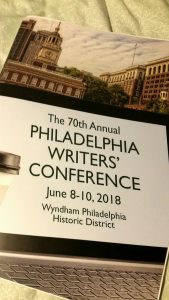 This year’s Philadelphia Writers’ Conference filled my head with new and exciting information, leaving me both exhausted and exhilarated. Now that I have had a few days to let all the swirling ideas settle, one of the main things that stuck with me is the complexity of our craft.
This year’s Philadelphia Writers’ Conference filled my head with new and exciting information, leaving me both exhausted and exhilarated. Now that I have had a few days to let all the swirling ideas settle, one of the main things that stuck with me is the complexity of our craft.
I’m not talking about plot complexity. Even the simplest story is complex in the way I mean. What I mean is how every element of your story impacts the others. In our character workshops, we also crossed into plot. In our plot workshop we also delved into character. Every word choice and point of view feeds into the elusive element of voice. Everything interconnects, playing off each other and driving the story in different ways.
That same complex interconnection often makes revision a mind-bending project. Change one thing about a character, that can change the plot. Change POV, and your voice skews. Change the language and that might suggest a change in structure. Every change, no matter how minor, flows downstream all the way to the end of the novel. Riding those rapids can exhaust you.
This complexity of story comes from the fact that stories reflect the complexity of life. This helps stories translate across different media. The same story can be told orally, in print, in graphic novels, or on a screen large or small. Although the formats differ, the story fabric can be cut and tailored to each one to convey the same meaning and soul as the original story. The interwoven complexity of story gives it both strength and malleability.
Given the complex nature of writing and all its elements, is it any wonder that the craft of writing is so hard? The work of weaving a tale can take an emotional, psychological, and even physical toll on writers. To combat this, we need connectivity of our own—a network of friends and supporters who understand and can help lift us over the obstacles we encounter. This is one of the values of conferences like the Philadelphia Writers’ Conference. There we meet and connect with other writers and form bonds that last.
Thank you, PWC, for 70 years of helping writers connect so we can weave our stories together.
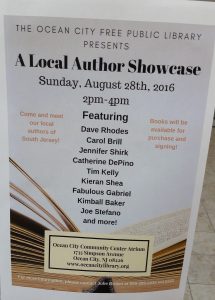

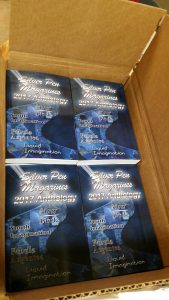
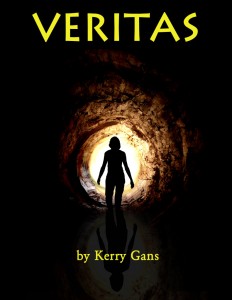

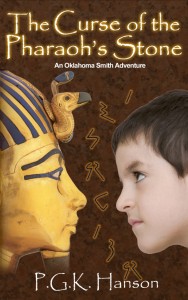

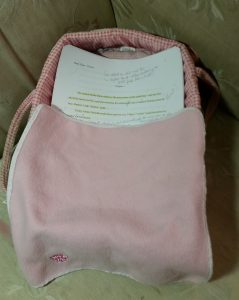
Top 5 Reasons to Cultivate a Writing Community
This week, while preparing the Author Chronicles’ Top Picks Thursday, I read an article from an antisocial writer who really didn’t want to participate in the writing community. Many writers are introverts, so being hesitant about reaching out to others is understandable. I am a raging introvert myself, but when I think about the writing community I am part of, I cannot imagine pursuing this career alone. Here are 5 reasons why:
Craft – Your community can help you hone your craft before you spend money on editors. From critique partners to beta readers, they will give you honest feedback and handy tips to bring your craft to the next level.
Companionship – If you are like me, it takes a lot to drag you out of your house. Offer me a Writers’ Coffeehouse, a Philadelphia Writers’ Conference, a workshop, or a critique group, and I’m there. Plus, writers are good at being alone together. It is not uncommon in my area to find a group of writers sitting together at a Wegman’s or Starbucks, completely silent except for the furious clicking of their keyboards.
Camaraderie – This is different than Companionship, in that it references the deeper emotional support we get from our writing community. Who but other writers understand the frustration of not finding the exactly right word, or the pain of being rejected for the 100th time, or the elation of placing your first story in even a little-known publication? The emotional lift we get from other writers revs us up and sends us back to our writer’s grottoes ready to face the next challenge.
Collaboration – Usually we think of this in the creative sense, where two or more writers work together on a project. A writing community certainly fosters this, because how else can you meet people to collaborate with? But there are other types of collaboration, such as helping you negotiate a publishing issue or brainstorm a marketing strategy. Two heads are very often better than one.
Connection – Our writing communities are an invaluable resource for networking. We can find editors, agents, publishers, experts, beta readers, critique partners, marketing opportunities and collaborators through our community. The community can help spread the word when we have a new book out. Our community keeps us abreast of the latest news in publishing, the latest scams to beware, and the latest accomplishments of our friends.
I am forever thankful for the people in my writing community: the Writers’ Coffeehouse, the Philadelphia Writers’ Conference, workshop-mates, and of course my critique partners. There are so many people who have cheered me on, cheered me up, and made this journey so much more enjoyable.
Walk this path alone? Inconceivable.